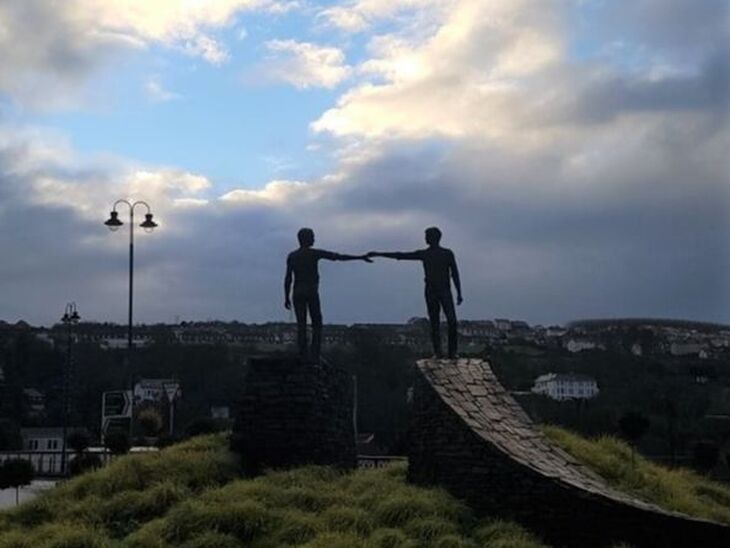|
|
|
The 20th century has witnessed many ethnic and religious conflicts, civil wars, massacres and humanitarian crises all over the world from Southeast Europe to Sudan, and from Rwanda to Northern Ireland. Although negative peace [1] is achieved by signed peace agreements or newly-drawn borders in many cases, this does not necessarily bring about reconciliation and harmonious relations between societies. The violent acts of 1915 -- one of the most catastrophic events in the early 20th century -- deeply damaged Turkish–Armenian relations and still has been affecting new generations. Although some peaceful steps have been taken on a diplomatic level to normalise relations, the intractability of the conflict remains.
Past theory on competitive victimhood demonstrates that contested narratives over being ‘the main victim’ of a conflict are significant obstacles in processes of reconciliation. When victimhood becomes a component of a broader collective identity, it can increase the perception of social prejudice, distrust and hatred towards out-groups. Competitive victimhood refers to a situation in which each side in a conflict claims to be the main victim or legitimise its own crimes on the basis of past victimhood (Noor et al. 2008). Moreover, while in-group crimes are downplayed by moral excuses in such situations, out-group crimes are exaggerated by demonising the enemy (Andrighetto et al. 2012). This leads to competition over who has suffered more and who has more right to resort to violence. Although all members of a community have not experienced violence and harm, victimisation becomes a component of collective identity and gets passed down to subsequent generations.
0 Comments
|
|
Explore Identities at tandfonline.com/GIDE |
|
The views and opinions expressed on The Identities Blog are solely those of the original blog post authors, and not of the journal, Taylor & Francis Group or the University of Glasgow.

